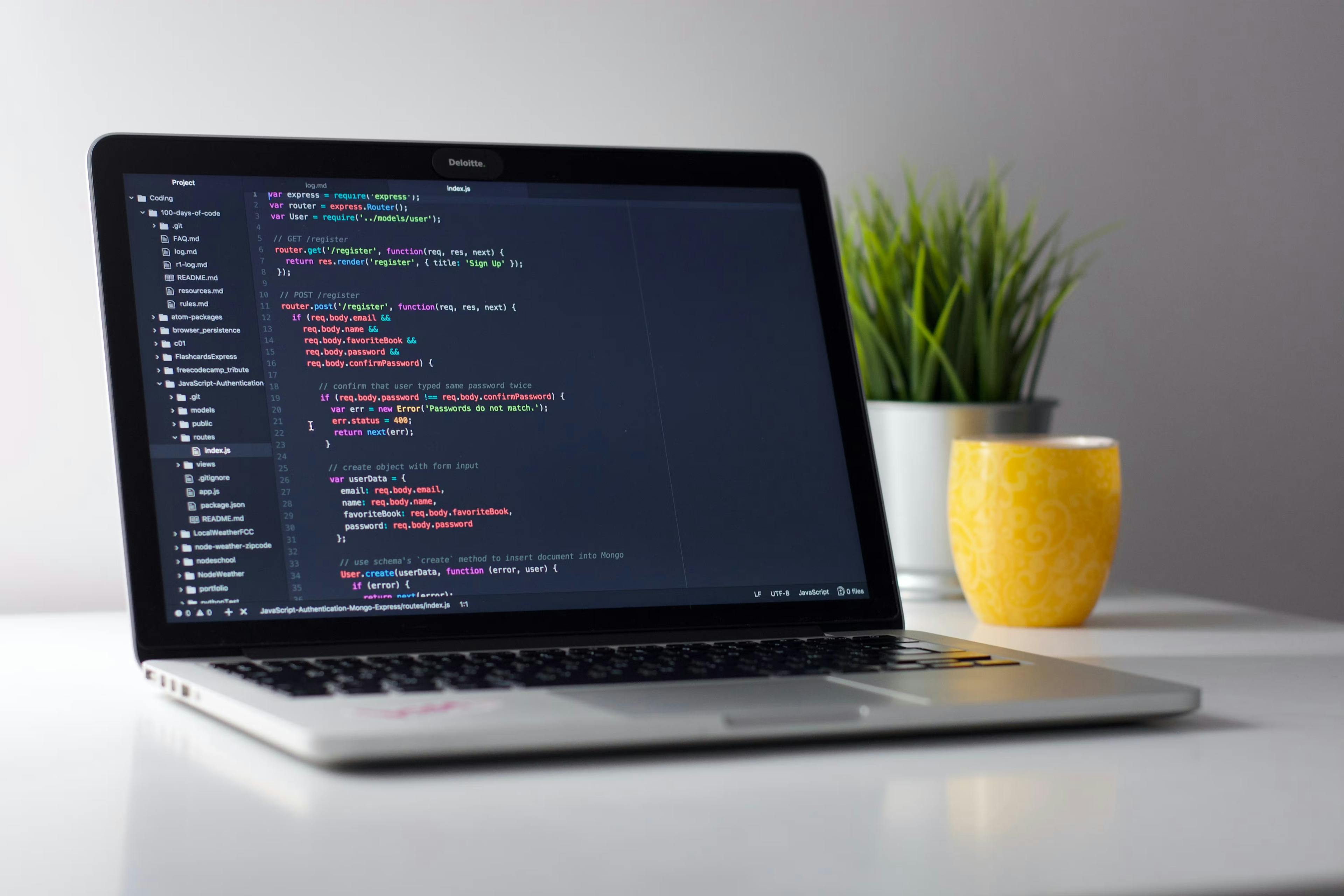
Why Should You Learn to Program?
2024-01-08
In today's world, it's highly unlikely that you haven't come across the terms Computer Science or Software Engineering. Programming is becoming a staple in public school curricula, a trend I unfortunately missed before graduating in 2015. However, I was fortunate enough to gain exposure when I entered college. Now, why listen to me? What makes my opinion matter? Well, with 3 years of professional experience and unofficial programming experience since 2018, I bring a unique perspective. If that's not enough to keep you reading, feel free to click off this post and carry on with your day!
For those who are still with me, let's delve into it. I'll spend the next bit answering some questions: What can programming do? Why does programming matter? And why should you learn to program even if you don't want to be a programmer? If you're on the fence about learning to program but fear it's overwhelming, relax—no one knows everything about anything, and even Senior Developers use Google practically every day.
What can programming do?
Code is everywhere in technology. Literally. From your phone's Operating System and every app you use to your computer, websites, smartwatches, smart-everythings, and even your car—everything involves code. Our everyday lives are immersed in this nerdy world. If you have an idea related to technology, chances are you can code at least part of it. The possibilities of programming are so vast that listing what it can't do might be a shorter task.
There's a multitude of languages and frameworks available for anyone to use, and the best part is you can get started for free! There's a wealth of knowledge online, so you shouldn't have to pay for anything if you don't want to. Now, here's a key point in an ongoing debate: Do you need a degree in Computer Science/Software Engineering/Web Development to land a job nowadays?
Yes and no.
The answer is a bit more nuanced. It depends on you—how do you learn best? Are you adept at teaching yourself, or do you thrive with teachers and interaction with classmates? Personally, I belonged to the latter group. I felt I lacked the discipline to learn on my own, so I chose to go to school for it. Consider your financial situation too. You don't have to attend MIT to become a proficient programmer.
The crucial question is whether what you're doing will secure you a job. I genuinely hope it's a yes, considering the current state of the job market. Despite recent layoffs in the tech industry, gaining experience remains paramount. Even before the layoffs, the market was flooded with Entry Level Developers. While there used to be talk of a massive need for Programmers, the reality was that there was/is an even greater need for Senior Developers. Companies require people who know what they're doing, and investing in Entry Level positions is challenging in the current economy.
Enough of that, let's move on!
Why does programming matter?
Code has coexisted with computers for a long time. It serves as the language humans use to communicate with computers and instruct them. As mentioned earlier, everything related to technology involves code. Every app and website you use is crafted from code, enabling you to interact seamlessly with your devices.
No-code solutions exist for non-technical individuals to enter areas like Web and App Development, but who creates those? Programmers. The limitation of no-code options lies in what developers have deemed necessary to support the masses using their service. What if you have an idea outside those templates? You can't create it with the given tools, so you have to code it yourself.
During my time at University, I witnessed a common pitfall across various degrees. Business Students were led to believe they could handle everything independently, from marketing to website development. Marketers were taught they could run businesses solo and create websites in WordPress without needing a Developer. Even among my peers, the notion that we, as programmers, could handle everything on our own was prevalent. However, professionally, this rarely works out. In reality, teamwork is essential in the professional world. Business Owners need Marketers, Graphic Designers, Web Developers, and App Developers to ensure efficiency and maximize profits.
Why should you learn to program even if you don't want to be a programmer?
Despite the no-code services mentioned earlier, I'm not suggesting you learn programming to avoid hiring a developer. Why would I do that? I'm a programmer! Instead, I propose learning basic procedural programming because it enhances simple problem-solving skills, which are beneficial in any profession. It also provides insight into the world of developers and what goes into coding. Programmers appreciate managers who understand their work, and learning some basics can foster better collaboration.
I hope my thoughts can be informative and motivational for you. I genuinely believe that anyone can learn to program if they have the determination. Programming may not be for everyone, but if you're determined, you can do it. In conclusion, code is woven into the fabric of technology around us, offering limitless possibilities. Therefore, it's crucial in our modern world. Even if you don't aspire to be a programmer, learning the basics can help you better understand the world and is always a valuable skill.